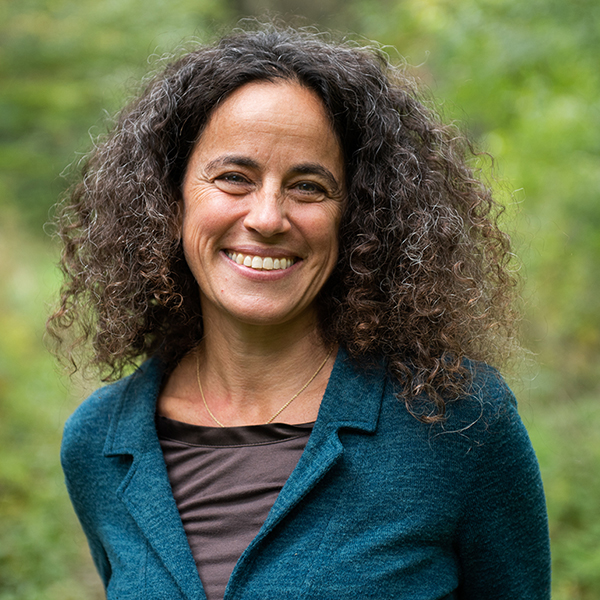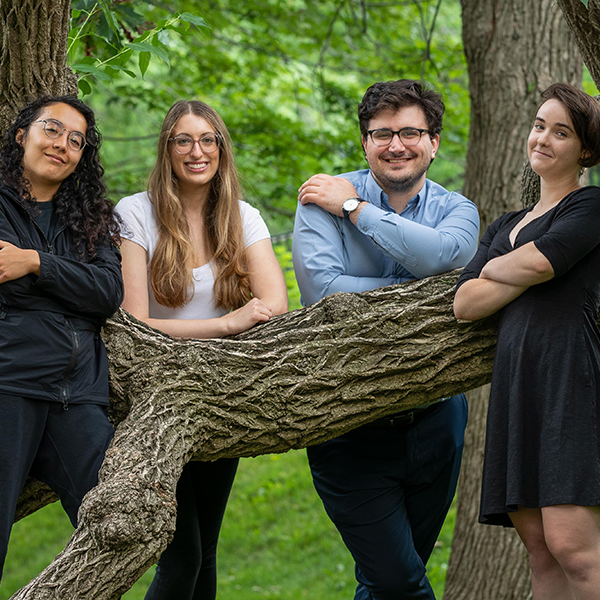For Daniel Borsuk, BSc’00, MDCM/MBA’06, being a perfectionist isn’t so much a personality trait as a job requirement. That’s why when the Montreal plastic surgeon got the chance to be in charge of Canada’s first face transplant, he wanted everything as close to perfect as possible.
“Especially with this being the first in the country and with the public system paying, you can’t quote unquote ‘dick’ around,” he says from his Westmount office.
To prepare for last spring’s groundbreaking surgery at the Hôpital Maisonneuve-Rosemont, which recently sparked national headlines when it was revealed to the world, he gave himself five years. Most of that time was spent assembling a team of some 100 medical, support and technical staff. That included himself and eight other plastic surgeons, five anesthesiologists, nurses, orderlies, a dental surgeon and a psychiatrist.
His team also practiced on cadavers two at a time, one serving as the donor, the other, the recipient. In addition to connecting tissue, bone, veins and arteries, there are countless nerves to reattach in a face transplant. Borsuk compares the task to following the roots of a tree trunk, except with four trunks on each side of the face to reattach.
“I didn’t want to rush into it,” Borsuk says. “In fact, I didn’t even have a patient until halfway through the process.”
Once he did, he remained cautious. Maurice Desjardins, a 64-year-old from outside Gatineau, Quebec, whose face was severely damaged by a rifle shot, had endured several unsuccessful attempts to reconstruct his face by the time he met Borsuk in the winter of 2015.
“There were no other options [for him],” Borsuk says. “He needed a nose, lips, an upper and lower jaw. And while Maurice and his wife had heard of a face transplant, they didn’t really know what it was.”
After he carefully explained the procedure to them, the couple began to cry. “They said, ‘Let’s do it now,’” Borsuk recalls. “I had to tell them, ‘Hold on, hold on.’”
His caution was informed by the perilous nature of the operation and its aftermath. The possibility that Desjardins could die on the operating table from blood loss. The risk of cancer from the drugs he would be taking the rest of his life to keep from rejecting the transplant.
Borsuk had a unique advantage, though – experience. As a fellow at Johns Hopkins in 2012, he was part of another team performing a face transplant. That went well, but, even so, he found himself thinking of improvements.
“There’s only been 40 or so of these operations in the world – since the first one in 2005— so if you’re not trying to make it better you’re not advancing this new field,” he says.
While Borsuk foresees technological and biomedical advances in what’s called VCA or Vascularized Composite Allotransplantation – the transplantation of multiple tissues such as muscle, bone, nerve and skin rather than organs – he focused on a basic tweak for his operation. “I doubled the number of surgeons.”
He wanted to be sure no one was going to be “zoned-in for more than two or three hours at a time” in what ended up being a 30-hour operation. “If everyone stays fresh, you minimize mistakes,” Borsuk says.
But he couldn’t foresee everything. “People on the team just stayed. No one slept. And when it was over, we all cried. There wasn’t a dry eye in the place.”
Which is the problem with being a perfectionist: some things can’t be planned. In Borsuk’s case, that also applies to his career. “In high school, I shadowed a cardiac surgeon for a day. I went into the operating room, put the mask on, and before the patient was even brought in, I passed out.”
He eventually went on to enrol in a joint medical/MBA degree at McGill, with the intention of going into hospital administration. In fact, it was while he was working on an administrative project for then McGill medical professor and plastic surgeon Chen Lee, MSc’91, MedResident’92, that Borsuk was invited to observe an arm reattachment. “I didn’t even know you could do that,” he says.
He also didn’t know if he could stomach the operation. “How did I manage it? From a chair. In the corner.”
Still, he marvelled at what could be accomplished and not just surgically. “I was struck by how you could be seeing someone on the worst day of their life and you could help them. It was rewarding stuff.” It resulted in a dramatic shift in his career plans.
After completing his medical studies at McGill, he specialized in plastic surgery at the University of Montreal. Now, he’s in his private office, performing cosmetic surgery, just once a week. He divides the rest of his time between Maisonneuve-Rosemont and St. Justine’s Children Hospital, where he’s head of plastic surgery and specializes in cranio-facial reconstruction.
He’s not surprised, though, that his MBA courses – which he completed at night – proved invaluable. “It was all about teamwork – about managing people, knowing when to be and not be an alpha. In the surgical field, everyone’s ego is big.”
As a plastic surgeon, ego, as in how we view ourselves, is something Borsuk thinks a lot about. So while consulting with a psychiatrist is a mandate for all transplant recipients, Borsuk made it a top-of-the-list priority in Desjardins’s case. “From the first day, I told the psychiatrist on our team she was the boss,” Borsuk says. “She’d tell me if and when Maurice was ready.”
That’s because the face is very different from other transplants.
“While it can be odd knowing you have another person’s organ living inside you, this is going to be you [looking in the mirror] brushing someone else’s teeth,” Borsuk explains. “Your personality, who you are, how you behave, your identity comes through your face no matter what.”
After a week in an induced coma and another week in ICU, Desjardins was overjoyed with what he saw in the mirror. He told Borsuk from the start “he needed a new life,” now, he had one. Surprisingly, he also had very little pain.
His only complaint was a lingering one – pain in his leg from the time, years earlier, a bone was removed to try to repair his lower jaw. “I told him, ‘Enough with the leg,’” Borsuk says. “I went back and revised that operation.”
Borsuk continues to see Desjardins regularly. His face is functioning now. He’s smiling, drinking and speaking more than ever before.
For Borsuk, it’s also a reminder of why he ended up doing what he does. “Not everyone can say at the end of the day, ‘I really helped someone.’ I can. I have the best job in the world.”


